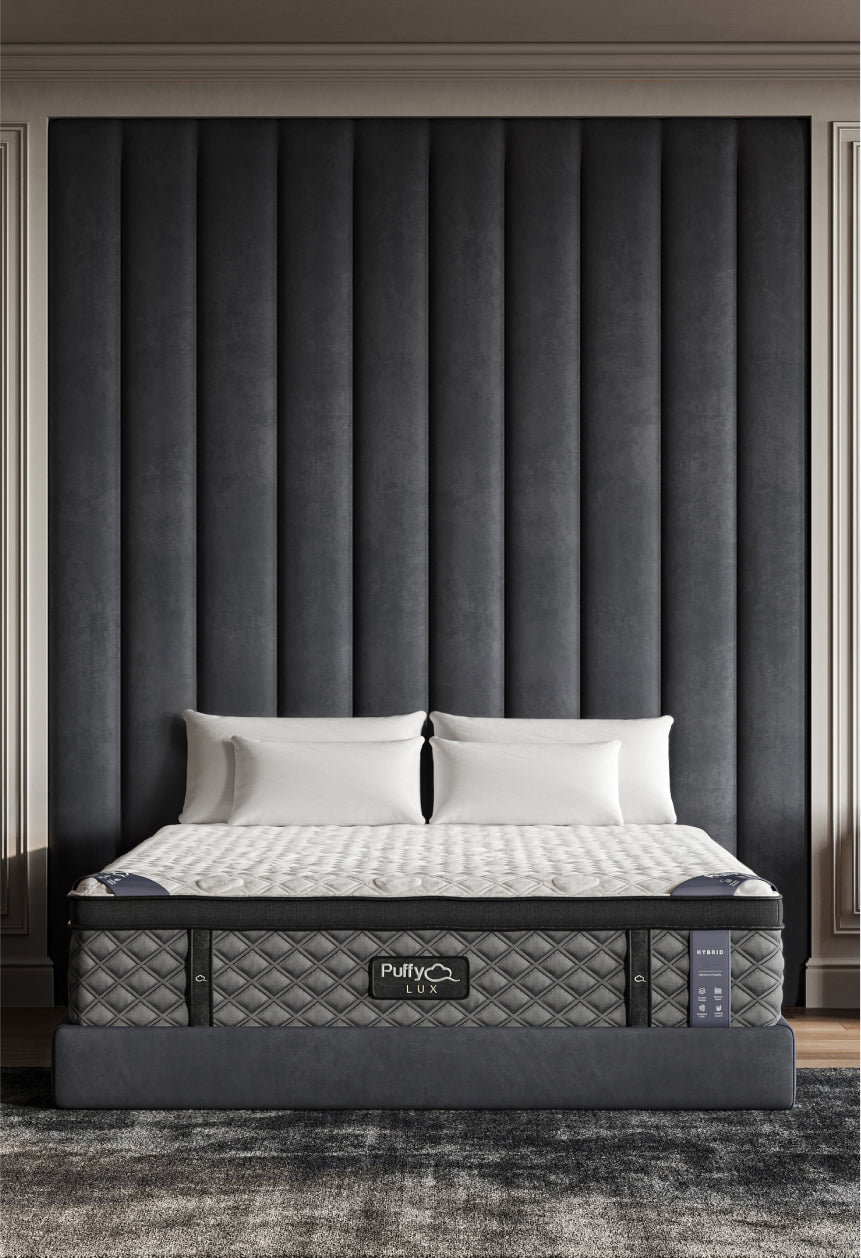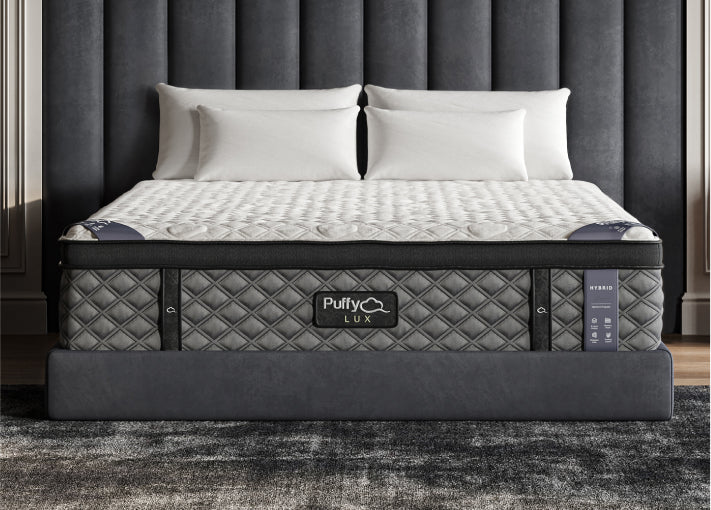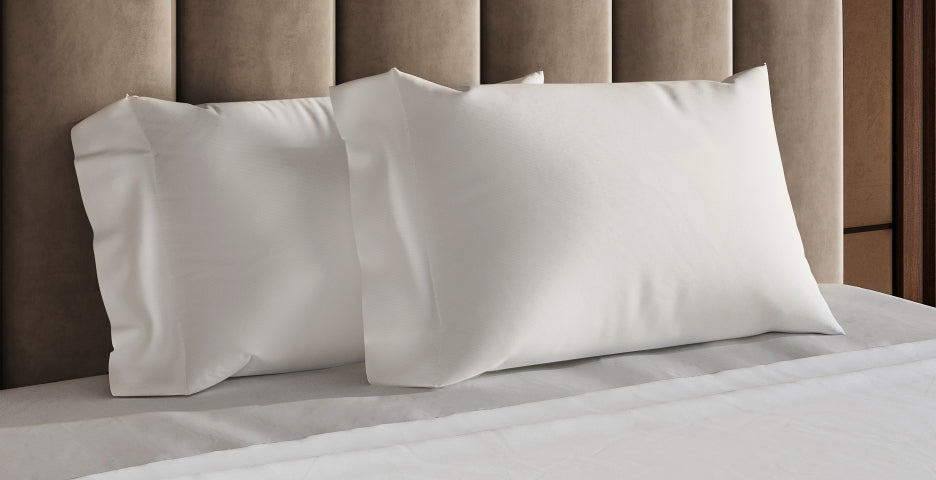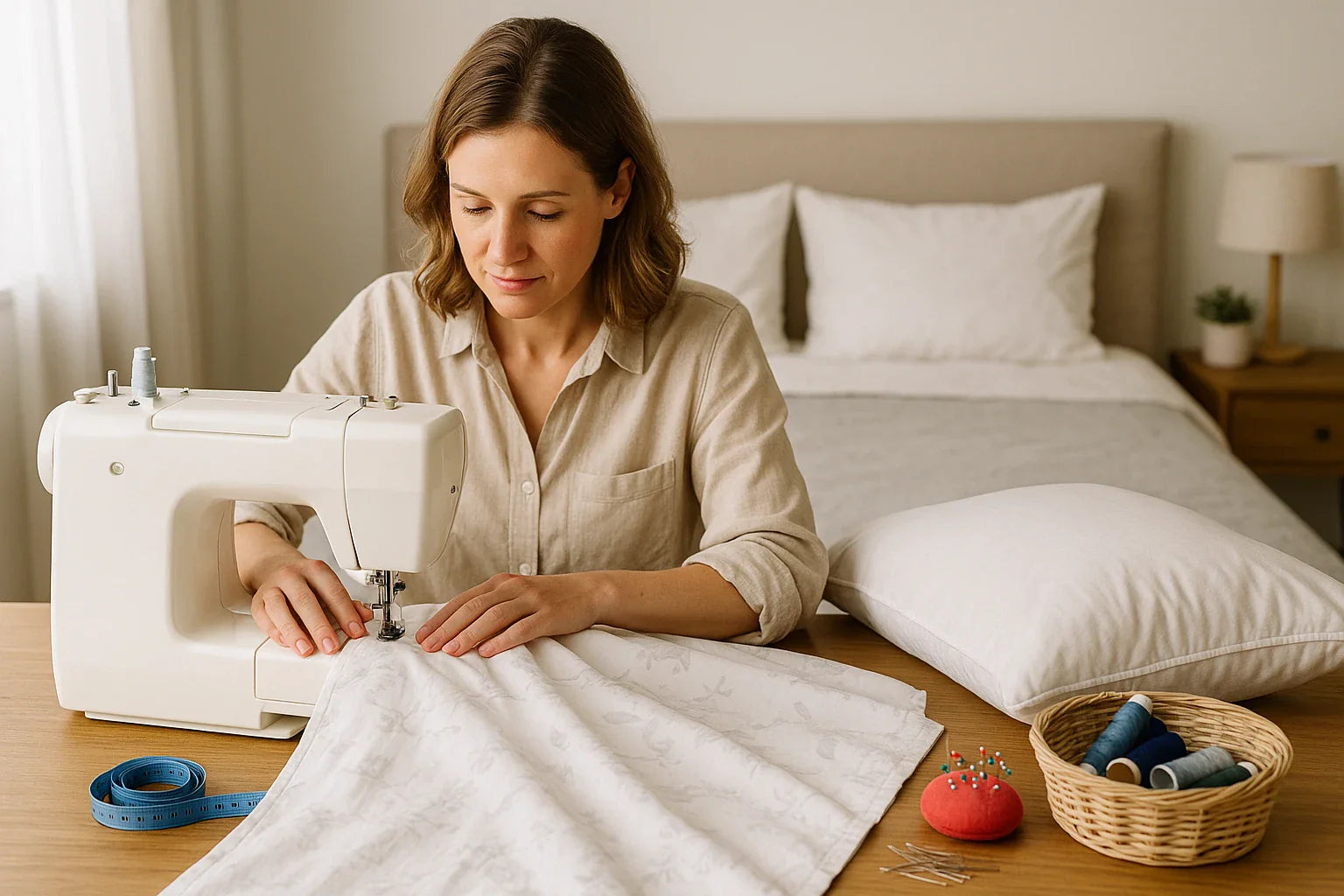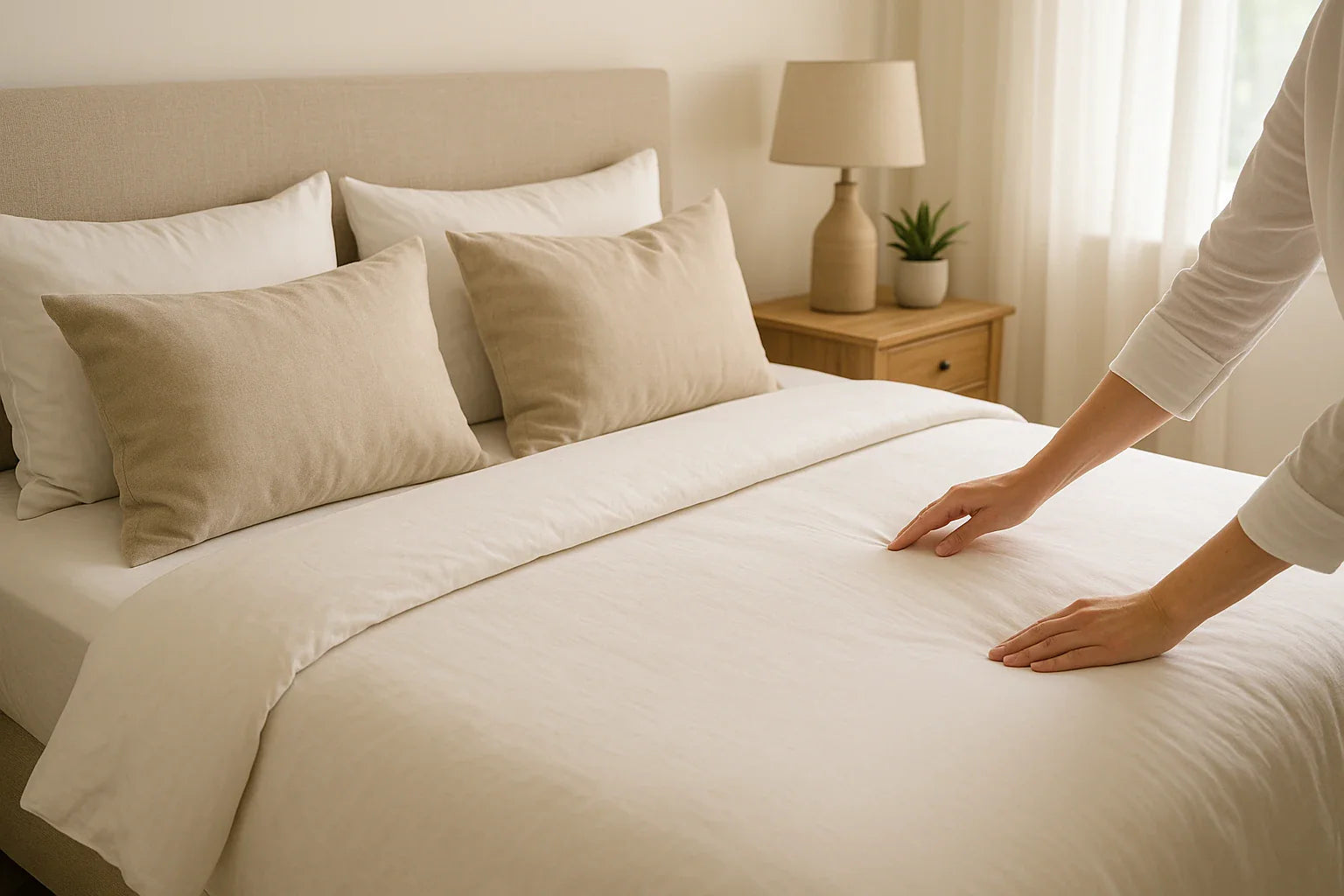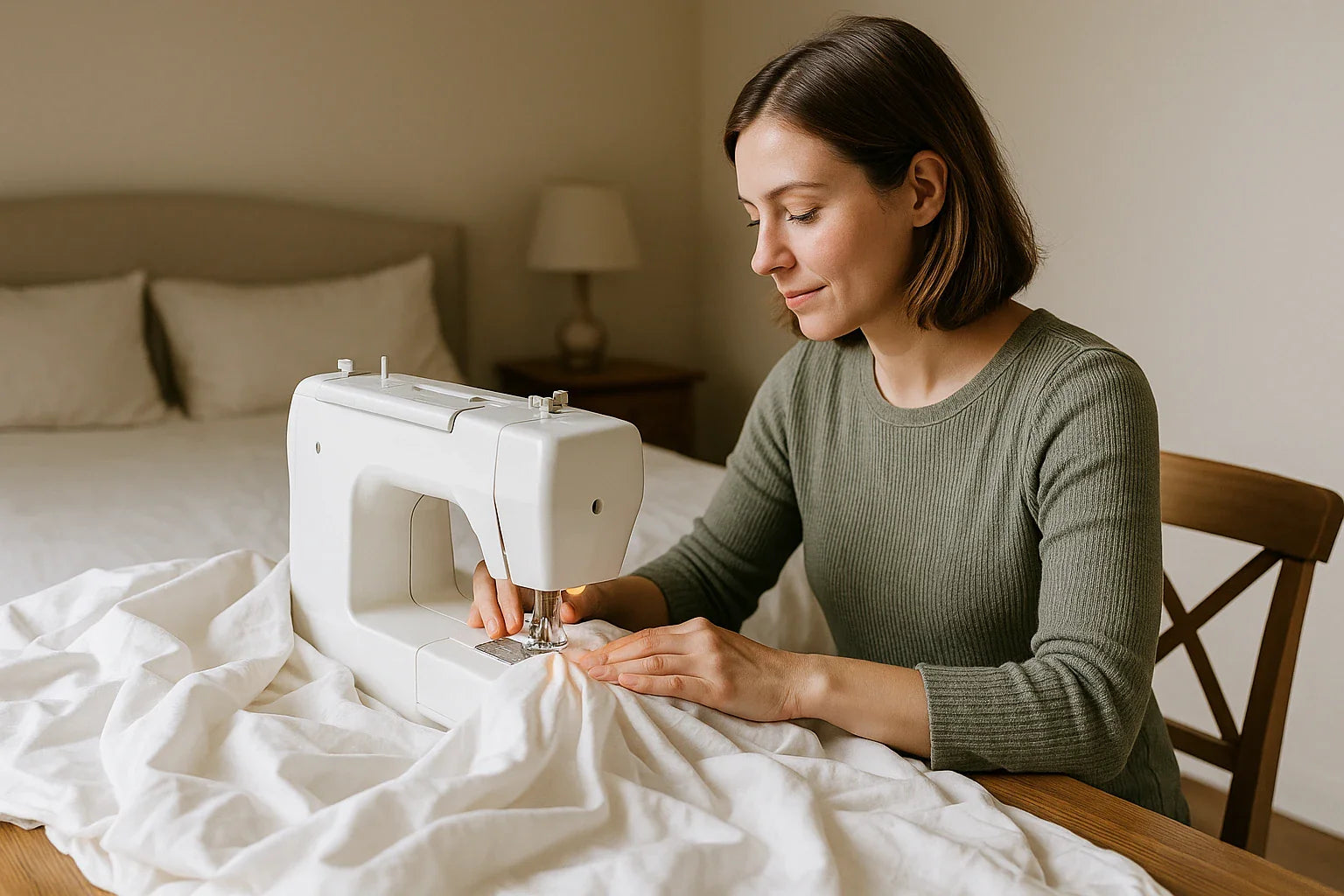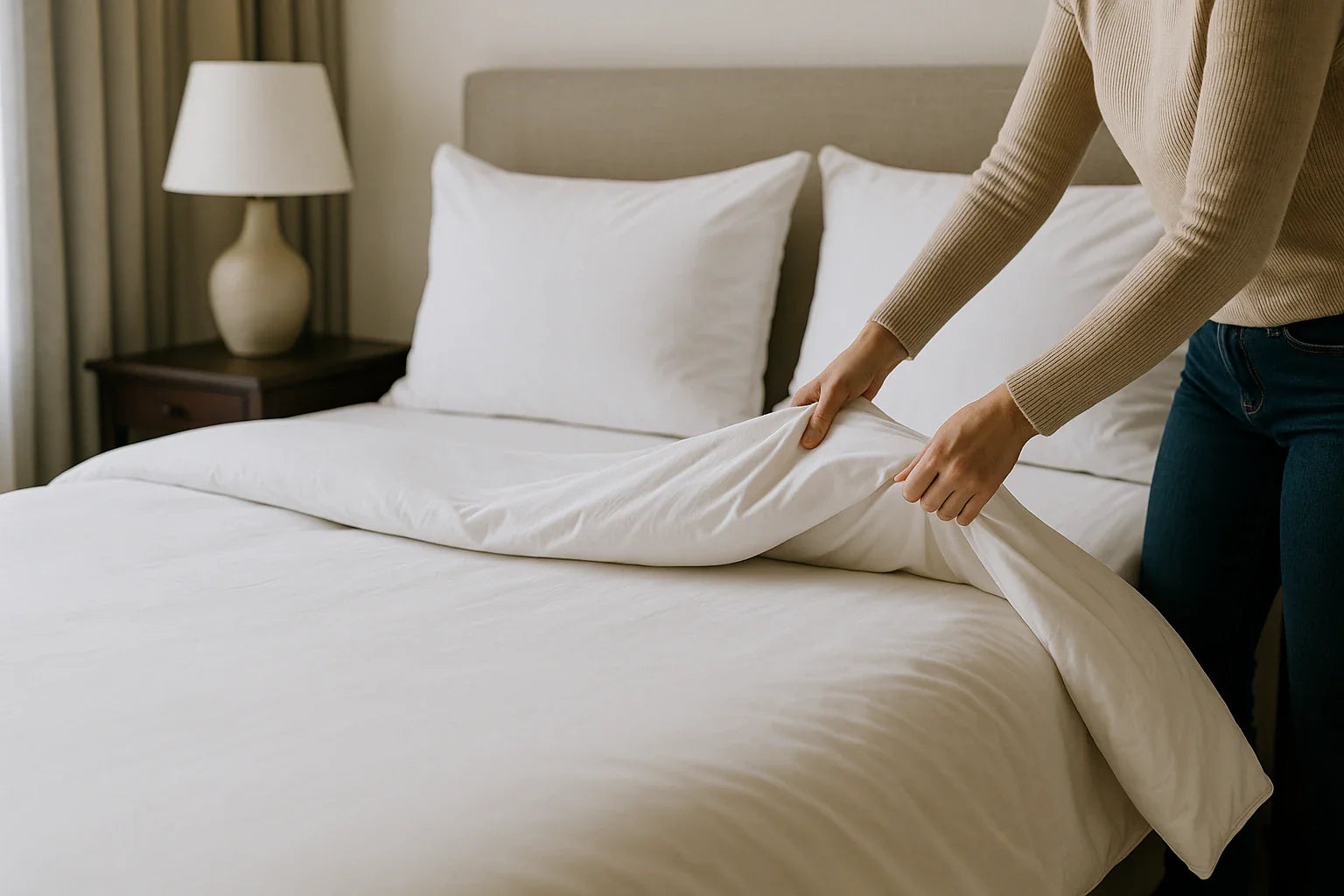It’s late at night, and you suddenly wake up, feeling itchy and uncomfortable. The culprit? Bed bugs. Now, you’re surfing the internet, desperate to find an immediate and effective solution.
You stumble upon cedar oil as a potential remedy. But does cedar oil kill bed bugs? The short answer is yes, but it’s not as straightforward as you might think. Let’s dive deeper into the subject.
Can Cedar Oil Kill Bed Bugs?
The Underlying Science
Cedar oil contains natural insecticidal properties, including the ability to disrupt the octopamine neurons that bed bugs need for their metabolic processes. This disruption can ultimately lead to the demise of these pesky critters.
How Effective is It?
While cedar oil does exhibit insecticidal properties, it’s not 100% effective for all bed bug infestations. Effectiveness varies depending on the concentration of the oil, the severity of the infestation, and how well the application process is executed.
If you’re in the market for a comprehensive solution, you might want to look into Puffy mattresses. Not only are they incredibly comfortable, but they also come with hypoallergenic materials that are less conducive to bed bug habitats.
How Does Cedar Oil Kill Bed Bugs?
Mechanism of Action
Cedar oil works by attacking the respiratory system of bed bugs, suffocating them and eventually leading to their death. It also has a repellant effect that can deter bed bugs from the treated areas.
Application Methods
There are several ways to apply cedar oil for bed bug control:
- Spraying a diluted mixture
- Using cedar oil-infused products
- Applying it directly to infested furniture
Does Cedar Smoke Kill Bed Bugs?
While some people claim that burning cedar can produce a smoke that’s deadly to bed bugs, there’s insufficient scientific evidence to support this. Smoke treatments generally are not recommended due to safety hazards and limited effectiveness.
Are There Any Risks Involved?
Safety Precautions
Before using cedar oil or any other essential oil as an insecticide, make sure to read all warning labels and consult professional advice if you’re pregnant, nursing, or dealing with young children or pets at home.
Environmental Concerns
While cedar oil is considered a more eco-friendly option, excessive use can pose risks to non-target animals and plants.
How to Use Cedar Oil to Kill Bed Bugs
Before diving into the application process, it’s essential to note that cedar oil comes in various forms: pure oil, sprays, and infused products like cedar oil-based insecticides.
Each form may have its own set of application guidelines, so always read the manufacturer’s instructions. Below, we elaborate on some general practices for using cedar oil against bed bugs.
Preparing the Area
Start by removing all bedding, pillows, and drapes in the infected area. Wash these items in hot water and place them in a dryer at the highest heat setting. Next, vacuum the entire area thoroughly, focusing on nooks and crannies where bed bugs might hide.
Making the Cedar Oil Mixture
For pure cedar oil, dilute it with water or alcohol following the manufacturer’s recommended ratio. Use a spray bottle to hold the mixture.
Application Method
- Spray Directly: Use the spray bottle to apply the diluted cedar oil mixture directly on the mattress, upholstery, and other infested areas. Make sure to get into crevices and folds.
- Soak and Wipe: For larger items like mattresses or furniture, you can also soak a clean cloth in the cedar oil mixture and wipe down surfaces.
- Infused Products: If you’re using cedar oil-based insecticides, follow the product instructions for application.
Safety Measures
- Always wear gloves while handling cedar oil.
- Conduct a patch test to ensure that the surface you are treating will not be damaged.
- Make sure the room is well-ventilated during and after the application.
Post-Application
After treating the area, allow it to dry completely before replacing any bedding or pillows. Keep pets and small children away from the treated area until it’s safe to return.
For those who are considering long-term solutions, a Puffy mattress could be an excellent investment. These mattresses are easy to clean and maintain, and their hypoallergenic properties make them less inviting to bed bugs.
By following these steps carefully, you increase the odds of successfully eradicating bed bugs from your living space using cedar oil. However, as previously mentioned, cedar oil is most effective when used as part of an integrated pest management strategy.
Check out Puffy mattress reviews from real customers and see how we compare with other brands.
Additional Tips for Using Cedar Oil Against Bed Bugs
- Test a small area first to check for allergic reactions or damages
- Use a concentrated form for more severe infestations
- Consider using cedar oil as a part of an integrated pest management strategy
When Should You Seek Professional Help?
If you’ve tried multiple remedies including cedar oil and still haven’t seen any improvements, it may be time to consult a professional pest control service. They can provide a more thorough solution, often backed by a guarantee.
Conclusion: The Verdict on Cedar Oil and Bed Bugs
Cedar oil can offer a natural alternative in the battle against bed bugs, but it is not a silver bullet. Its effectiveness is dependent on various factors, including the severity of the infestation and the thoroughness of the application.
Use our store locator to find the closest furniture or mattress store near you and feel the cloudlike comfort of our Puffy Mattress in person.
As with all forms of bed bug control, a multi-faceted approach is often the most effective strategy. Therefore, while cedar oil can be part of your arsenal against bed bugs, it shouldn’t be your only line of defense.

$1,350 in savings
Unlock your ultimate sleep solution with Puffy.
Explore our award-winning Puffy mattress collection with these extra luxury benefits:
- Award-winning comfort.
- Lifetime warranty.
- 101-night sleep trial.
- Free shipping and returns.
- 100% made in USA.
